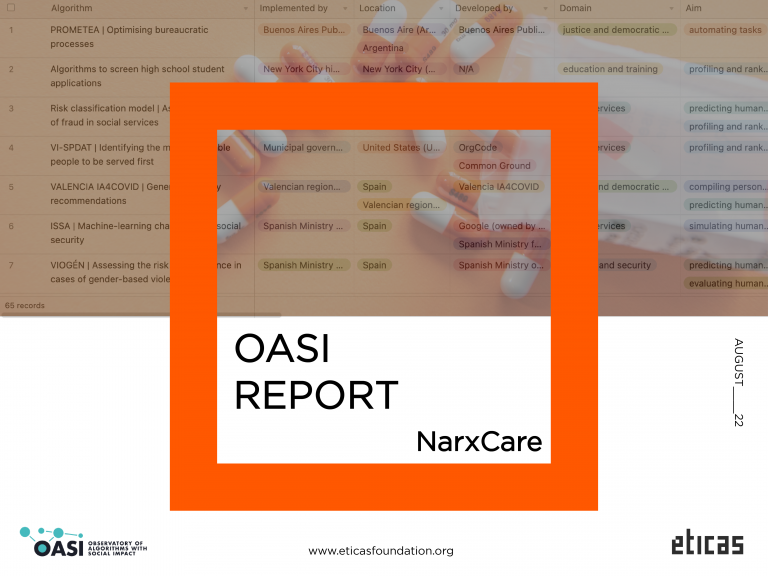
The Polish government has implemented decision-making algorithms that analyze a variety of factors in order to match children with schools. The algorithms consider factors like the “number of children, single-parent households, food allergies of children, handicaps, and material situation”(AlgorithmWatch 2019). One such system, Platforma Zarządzania Oświatą (Education Management Platform), built by Asseco Data Systems, is utilized in 20 Polish cities and has assigned students to more than 4,500 schools and preschools (ibid). The system centralizes a wide range of functions, managing “recruitment at various school levels (including pre-school recruitment), electronic diaries, student information management, attendance analysis, equipment inventory, issuing certificates and IDs, calculation and payment of student scholarships, school-parents communication, and school-organs, superior management of the organization of educational institutions (organization sheet, lesson plans, recruitment plans, roster planning) and many other components supporting education management” (ibid). While the platform has been well-regarded in some circles for its efficiency and cost-effectiveness, it also has created controversy. Especially at the preschool level where there is a low supply of schooling options, parents have reported feeling that the educational fate of their children lies in the hands of an arbitrary and opaque system (ibid). These anxieties have only been corroborated by the case of Wroclaw, in which an algorithm malfunctioned and assigned hundreds of children to the wrong preschools in 2018. Officials promptly apologized and had to remove many children from schooling midyear (ibid).






